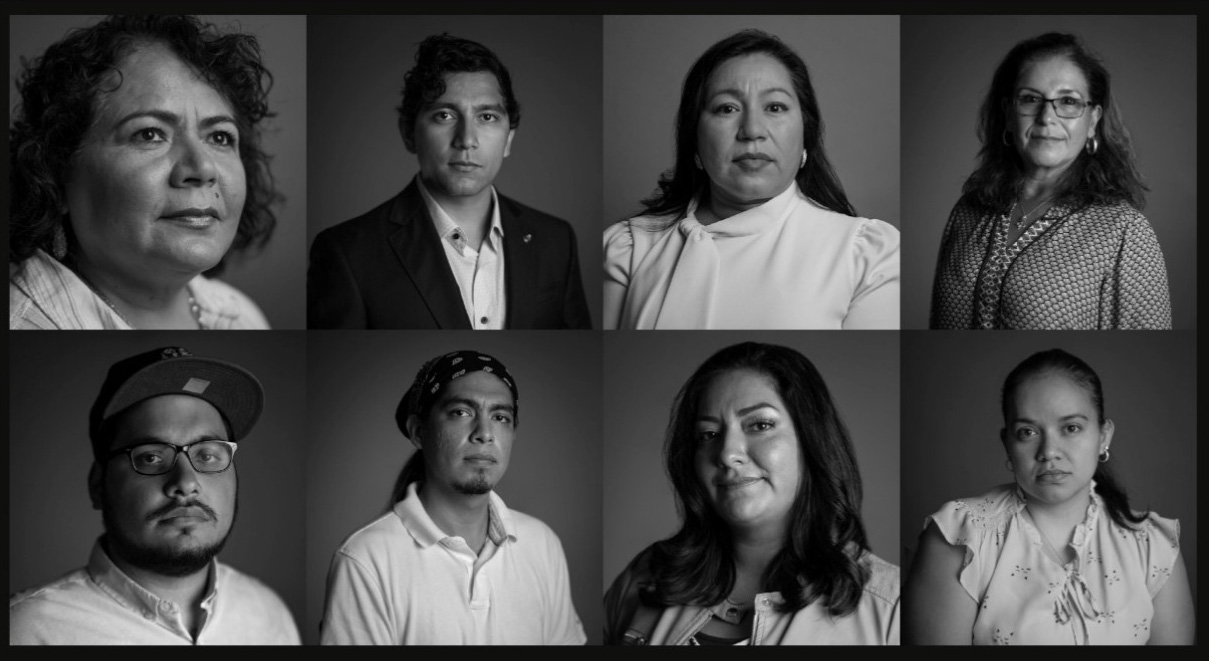In a new triple biography about the decades-long friendship between Generals George Patton, John D. “Ike” Eisenhower, and Omar Bradley, military historian Jonathan Jordan describes just how hard it is to implement a plan, even if you are white, male, American and have supreme executive authority.
I provided comments on an early draft of this national best-seller, “Brothers, Rivals, Victors” for my brother, Jon (see also the “NY Times” review). I’m not a military historian but I was hooked by the fascinating story of three men at the height of military power when goals were clear and concrete and given the resources of the Western alliance. The three were also friends, having known and respected each other for decades.
But as Winston Churchill’s opening quotation reads, “The only thing worse [than] fighting a war with allies is fighting a war without them.” In this case the friends come from three different backgrounds -- Patton was cultured and patrician; Ike middle-class; Bradley poor and under-confident -- and had three different skill sets -- Patton implemented; Ike politicked; and Bradley strategized. As the book gallops into the challenges of huge battles, wheels through the emotional challenges of wins and losses and the precarious state of any general’s position in the war’s efforts, you end up feeling pity for men who are battered by the enemy, by their own bodies and by each other.
Two things about their relationship jump out at the reader who studies leadership and management.
First, if leadership is this difficult for people with supreme executive authority -- including the power to shoot those who do not obey -- what does that mean for people without such recourse to violence or government authority (like those of us in the church)? This goes to the root of real power: the ability to influence, not the title (or means to coerce). As comedian Tina Fey says, “If you have to say, ‘Because I’m your mother,’ you’ve already lost.”
Even with established authority, each of the generals had to persuade, politic and sometimes ignore each other to do what each thought was right. The diaries show bitter invective written against each other at different times -- when friends became “frenemies.” Yet they were careful not to burn bridges publicly, knowing that tables shift quickly at times of war. Ike would recall later the joy of his friendship with George and his admiration of Bradley, not their times of bitter rancor.
Second, one can see a true waste of human gifts in the failure to have courageous conversations about performance. Theodore Ryan, consulting professor of leadership and ethics at Duke’s business school, commented on the book, saying, “If a general made a mistake he was routinely dismissed or shunted to the sidelines. His failure to complete a mission as tasked was regarded as a definitive measure of his ultimate capacities, rather than as an opportunity to learn and improve. What talent and time could have been saved if these friends had just engaged in mature conversation about how to improve performance…Lacking honest communication about each other’s intent and views…is it an irony that these men, who exhibited tremendous physical courage, often found it too difficult to confront each other honestly?”
Conversations about feelings among war-hardened soldiers? Laughing yet? Think again.
The U.S. Army has pioneered a new program for resilience-building and post-traumatic stress growth (note the emphasis on “growth” and not trauma). A signature component of the program is “master resilience training” that helps leaders embrace and teach resilience by identifying their social strengths and building strong relationships.
The purpose of this training is renewal and flourishing. In the face of change and terrible failures (where lives are lost), soldiers are giving the course an average rating of 4.9 - 5.0 out of 5.0, saying, “it’s the best course they’ve ever had in the army.”
I’ve met principled church leaders who disagree with much the U.S. military does and the pervasive use of military analogies, especially where differing viewpoints are worthy and underrepresented. The church might instead see what this influential institution is doing right, in part because everyone has failures. These can be our greatest gifts if we renew in ways that help us flourish.
So ask your staff, what do we do to build resilience? How does our institution nurture strong relationships? If our staff team were compared with the U.S. Army of the 1940s or today, how would we be alike or different? Open your mind to this new resiliency-building and see how it might touch the hearts and minds of those with whom you work and with whom you minister.
Allegra Jordan serves as executive director, social sector at Duke Divinity School.






